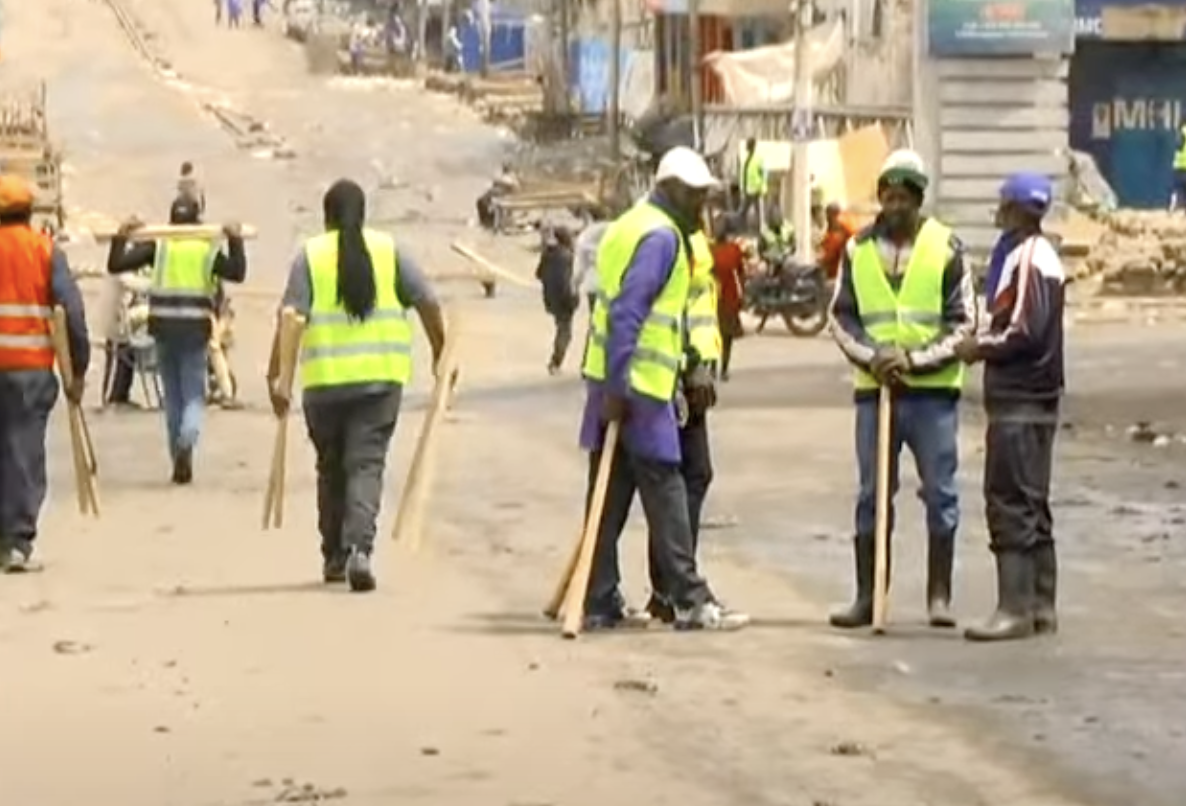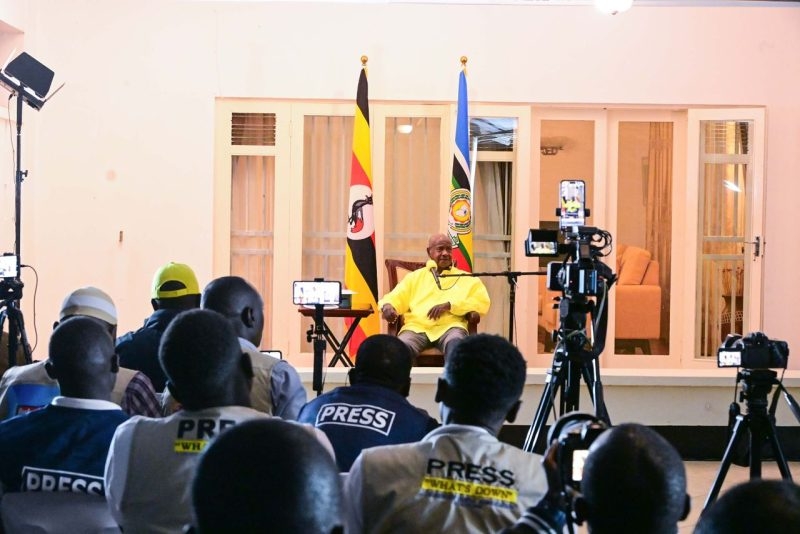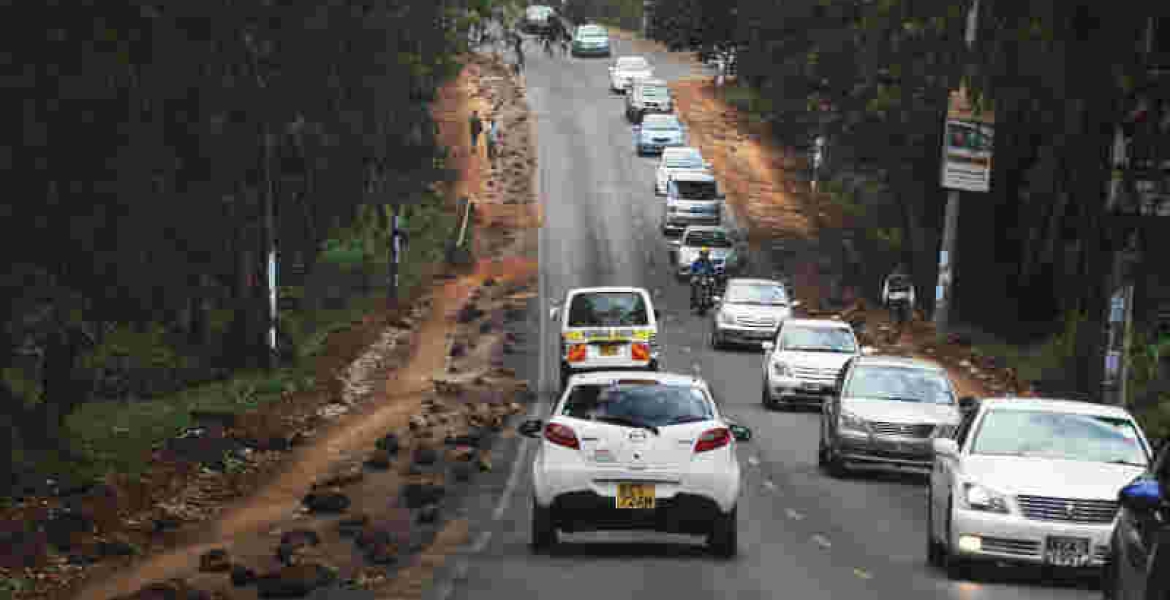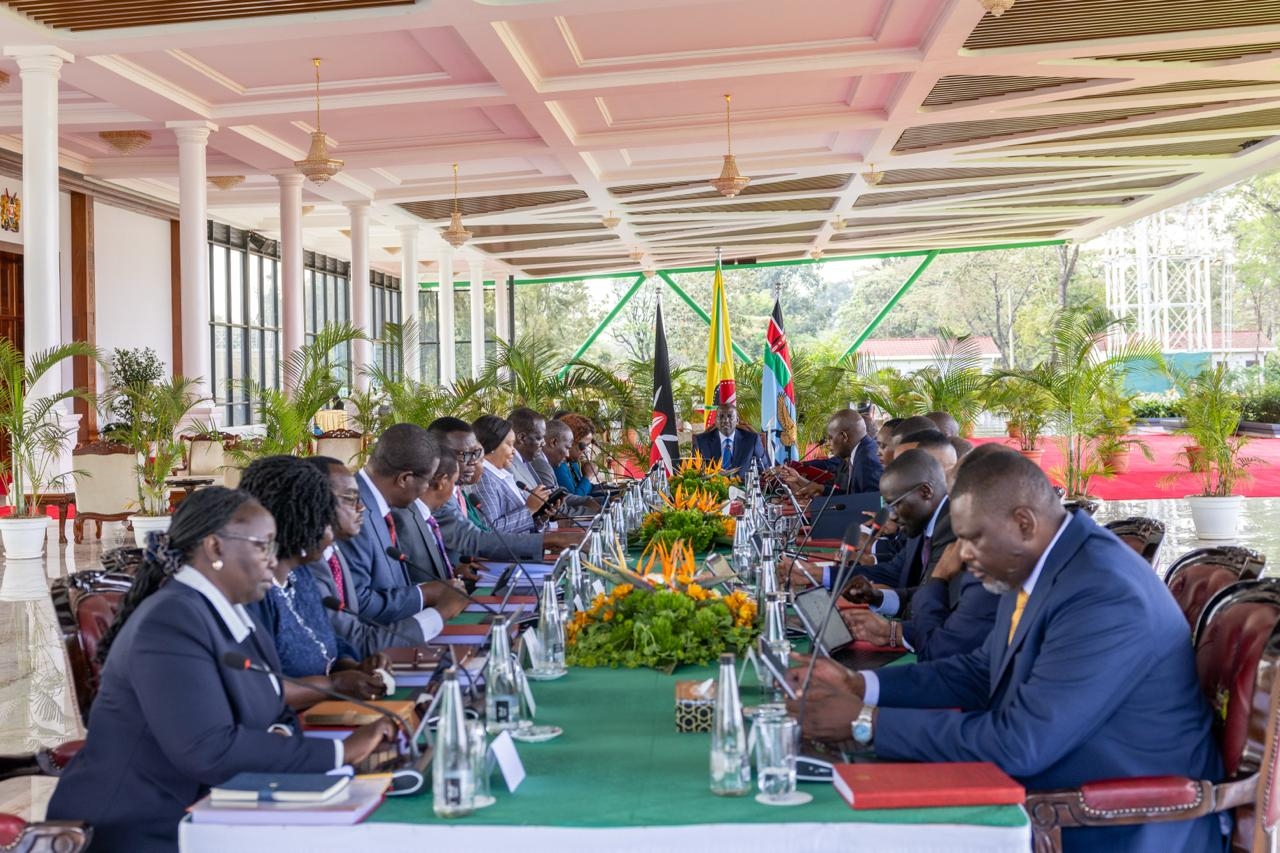
Traders and business owners in the Kamkunji area have stepped up to protect their shops and merchandise ahead of Saba Saba Day commemorations.
The business community cited fears of looting and unrest despite a heavy police presence.
Kamkunji Grounds, where the first Saba Saba rally was held in 1990, holds deep symbolic importance in Kenya’s democratic history.
The day—Saba Saba, Swahili for “Seven Seven”—marks the July 7, 1990 protests that sparked the push for multi-party democracy.
In recent years, the occasion has become a rallying point for citizens expressing discontent over rising living costs, inequality, and perceived government inaction.
In anticipation of heightened activity, especially following reports that former Prime Minister Raila Odinga would be attending commemorations at Kamkunji, local traders organised their own community patrols to supplement police efforts.
“We want to do community policing because we have suffered a lot,” said Shituma Kimani, a local trader.
“We cannot allow mugging and looting in the area in the name of commemorating the day. People must learn to protest in a civil way.”
Kimani noted that while the objectives of Saba Saba remain relevant, the reality on the ground is different.
“The commemoration is well-intended, but we know criminals take advantage of such gatherings. That’s why we are not taking chances.”
To maintain order, the group of self-appointed security marshals wore reflector jackets to distinguish themselves from protesters and passersby. Their presence was visible across the Kamkunji and Gikomba trading areas.
Bernard Mwangi, chair of the Gikomba Business Community, echoed these concerns, warning that the nature of the protests has changed over the years.
“These are not just protests anymore. Criminals have infiltrated them, and we have experienced massive losses in the past,” Mwangi said. “This year, we’re determined to be prepared.”
The business community has appealed to protesters to demonstrate peacefully and to remember that the spirit of Saba Saba was rooted in fighting for justice—not destruction.
“If you're fed up with this government,” Kimani advised, “register as a voter and wait for the 2027 elections. Burning things won’t change anything.”













